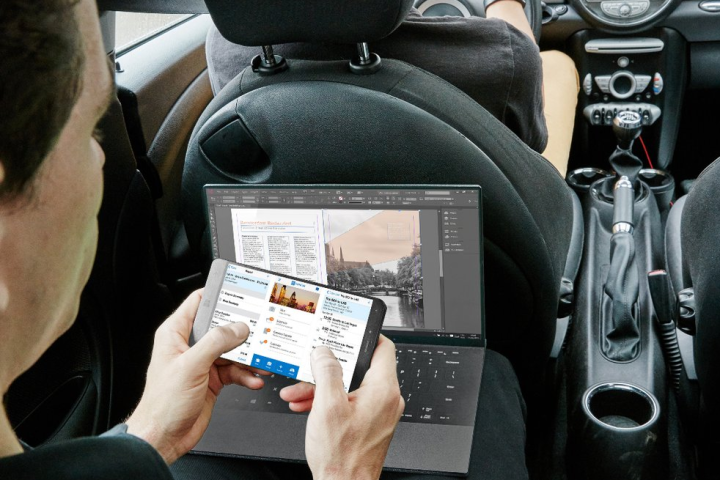
A report from VentureBeat highlights an internal project from Dell known internally as Dell Stack, which centered on a 6.4-inch mini tablet that would be the base for the user’s desktop, laptop, and tablet experiences. In other words, the device would power your entire computing life.
The entire system was built around Continuum, a Microsoft-built technology that is part of Windows 10 and basically allows Windows applications to run on all different types of devices — including phones, tablets, and computers. That technology allows for systems to be built like the so-called Dell Stack.

While the software enabled for a full ecosystem replacement, the hardware was a little trickier — that is because the ARM-based chips used in many tablets and phones simply would not be sufficient for computer processing. Because of that, the tablet was, according to the report, set to be outfitted with an x86-based processor from Intel’s Kaby Lake series — a high-performing processor with a low power consumption.
The device was also flexible when it comes to power. When used as a mobile device, it would take in a 3.5-watt draw, but when used as a laptop, it would draw in a much heavier 12-watts. Stack would also come in multiple different options — either 4GB or 8GB of RAM, and either 128GB or 256GB of storage.
All of these specs would be fitted into a pretty slick device and one that would only measure 9mm thick. Dell even planned a second generation of the device.
The current status of the project is not known and the first generation was originally slated to arrive in 2017, according to the VentureBeat report. It is possible that the device was put on hold, but based on early reactions to the VentureBeat report, it seems it could be a hit if it goes to market.



